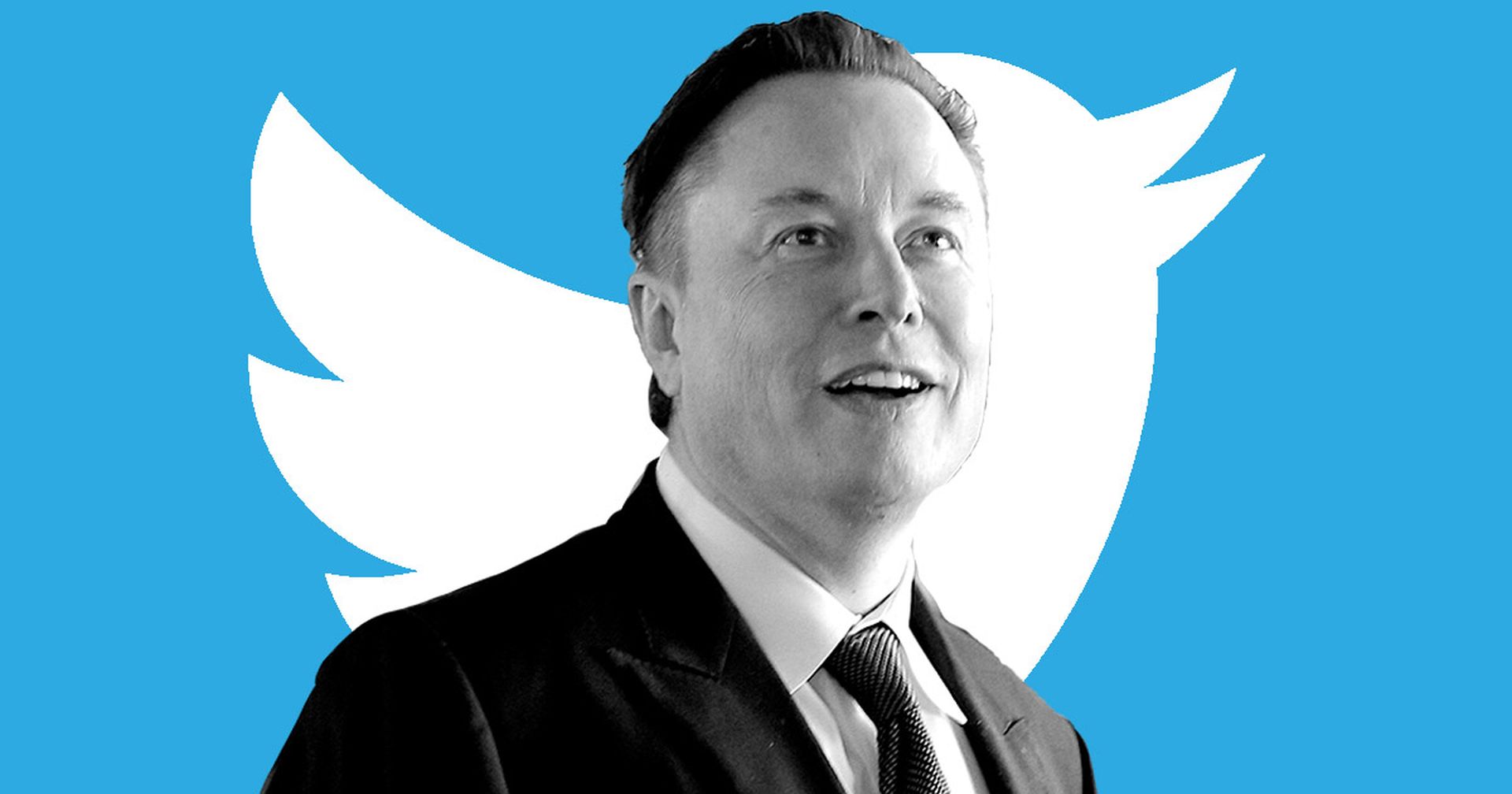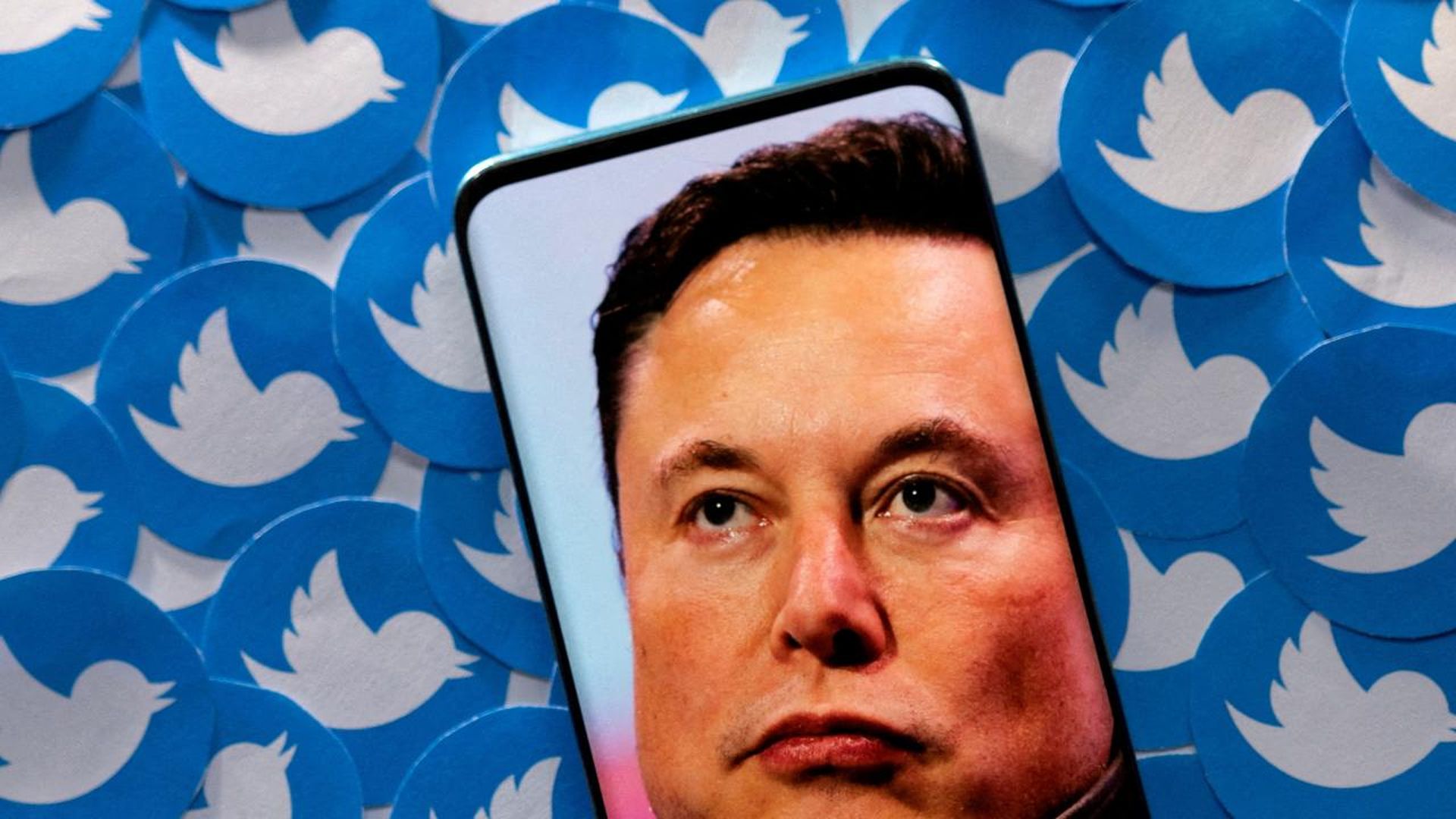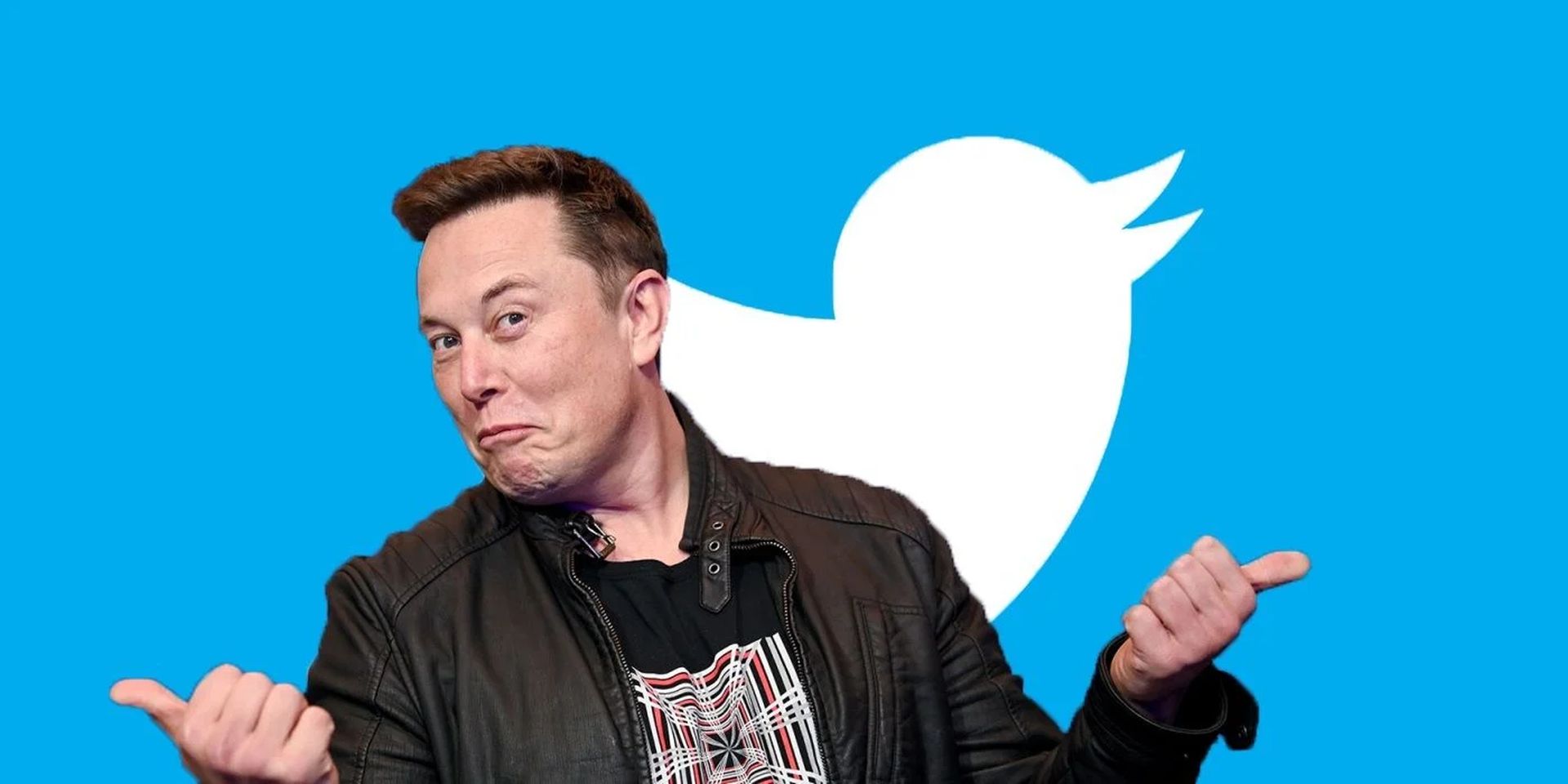Just over 50 days have passed since Elon Musk sent a tweet saying “Entering Twitter HQ – let that sink in!” for his first day in his new position as platform owner. Since then, there have been a number of policy changes, personnel reductions, disclosures of internal documents, and other events.
Never-ending debate: Will Elon Musk step back as head of Twitter?
But with Musk tweeting this poll on Sunday afternoon, it appears that the Elon as “Chief Twit” experiment is now coming to an end. Musk has kept his promise to abide by poll findings up to this point even though the outcomes have not been in his favor
Which raises the question, “What has Elon actually done at Twitter in terms of policy?” Elon has been quite vocal about his stance on “free speech” and how the platform will permit more varieties of comments and content now that it is under his management.
Is Elon Musk stepping down? Has he truly made any changes to open up Twitter? Here is a recap of all the significant statements and policy changes made thus far by Elon and his Twitter 2.0 team.
Should I step down as head of Twitter? I will abide by the results of this poll.
— Elon Musk (@elonmusk) December 18, 2022
Paid verification
Musk’s premium verification plan, which would allow users to pay $8 per month to earn a blue checkmark so they may digitally cosplay as celebrities in the app, was, of course, his first major statement.
Prior to learning that $20 a month was too much for ordinary people who don’t have billions of dollars in discretionary spending, Musk had originally planned to charge that amount. In order to keep your blue tick, he reduced the price to $8, or $96 annually. However, iOS subscribers must pay $11 monthly because Elon doesn’t want to cover Apple’s 30% in-app purchase tax out of his own pocket.
Look, this is a really weak, self-serving approach that provides little benefit to consumers and a lot of benefit to Twitter in the form of direct cash and a way to confirm that users are real people (since, theoretically, bots can’t pay). Since the majority of users don’t ever tweet, the benefits, for the most part, aren’t really worth the money for them. Musk had to modify the program to combat impersonation scams, which took off as soon as it was launched. However, even with the revisions, there are still a few reasons for people to pay up.

However, some users will pay, and Elon is working on extra rewards like priority listing of replies and in search (again, irrelevant if you don’t tweet), while he has also flagged a new system through which paying subscribers will be able to downvote other accounts in order to reduce their tweet exposure.
Once more, Elon’s biggest supporters, as well as those who have been yearning for a blue checkmark for all time, will pay.
Will that be sufficient to produce a large amount of revenue or value from the program?
Since Twitter has recently tried to prevent users from sharing links to their Mastodon accounts, we sincerely doubt it. This suggests that Twitter Blue’s adoption hasn’t been as strong as Elon had hoped or anticipated.
But as Twitter Blue is currently being expanded to new areas, we’ll soon find out.
Account reinstatements
Musk’s revelation that he would reinstate the profiles of users who had been previously banned from the app was a clear indication of his ambitions to make Twitter more open and free. Actually, it was more of a user poll than an announcement, which has become Musk’s go-to decision-making mechanism.
Because Musk wants to start over with a clean slate, Twitter has gone about re-establishing approximately 60,000 accounts over the past month that belonged to people who had previously broken the platform’s rules.
Although all of these profiles are still required to follow the platform’s rules, some of the app’s most notorious prior offenders are suddenly back and tweeting once more.
New Twitter policy
The truth is, despite Musk’s claims that Twitter will update its strategy and become more receptive to various forms of speech, Twitter has consistently informed its partners that nothing has changed.
None of our policies have changed. Our approach to policy enforcement will rely more heavily on de-amplification of violative content: freedom of speech, but not freedom of reach.
Again, Twitter hasn’t modified any of its standards as of yet, and despite Musk’s constant rants about promoting free speech and criticizing previous management for alleged bias, the company’s content policies and guidelines for the app remain same.

Despite the fact that experts say such changes haven’t had much of an impact and that Twitter has stopped enforcing its COVID disinformation policy, an issue on which Musk has strong beliefs, others have claimed that Musk has taken stronger action against child sexual abuse material.
However, the Twitter you’re using right now isn’t any more free or more open than the version run by Parag Agrawal at the same time last year from a functional standpoint.
Because Musk drastically reduced the size of Twitter’s moderation personnel, there are probably more errors in enforcement because Twitter is relying more on automation. Yet again, Elon Musk has done nothing to change Twitter’s stance on what is and is not permitted in the service as the rules and policies have been established.
Live location debate
However, Elon Musk has disclosed a substantial change in policy:
When someone shares an individual’s live location on Twitter, there is an increased risk of physical harm. Moving forward, we’ll remove Tweets that share this information, and accounts dedicated to sharing someone else’s live location will be suspended.
Elon made the decision to take decisive action against any Twitter accounts that share live location information in order to prevent potential harm following an incident in which his young kid was confronted by a stalker.
According to Twitter’s new policies, users can no longer broadcast any live location information, including anything that has been shared directly on Twitter or links to third-party URLs for travel directions. Because you would be sharing the live location of anyone in the video, theoretically, all live streams are out.
That can be an issue if there is civil disturbance and the administration wants to stop unfavorable press because of it. Imagine, for instance, that a user is broadcasting a video of protests in Hong Kong, and the Chinese government asks Twitter to halt the stream because of this regulation.
Although this isn’t exactly how the update is supposed to be utilized, it is still a possibility.
The most interesting part of this situation is that Musk has decided to stop for personal safety. Live location data shouldn’t be shared, in Musk’s opinion, because doing so could have negative consequences in the real world. Most people would agree with this. Therefore it will be fascinating to watch whether future policy decisions at the app are made with this in mind.
What are the possibilities that this tweet will actually cause harm in the real world? It’s interesting to see that Musk is finally beginning to see the faulty logic behind Twitter’s earlier judgments, despite Musk and Co.’s attempts to trash them and paint them as politically biased.
That might affect his future decisions. We doubt it.
Censorship on other platforms
On Sunday, Twitter also temporarily outlawed connections to a few competing social media sites before immediately changing its mind in the face of intense reaction.
This was a terrible system, which Twitter now seems to recognize by swiftly erasing any references to it. All links to Facebook, Instagram, Mastodon, Truth Social, Tribel, Nostr, and Post were essentially prohibited by Twitter.
We speculate that this is the case because Elon noticed that people who were considering leaving Twitter were tweeting links to these alternative platforms where users might follow them. Mastodon is the most obvious offender here, but we’re also speculating that Elon has spoken to Meta and that their meeting did not go well, which is why IG and Facebook were added.
Post is almost a carbon replica of Twitter, and Nostr is a favorite of former Twitter CEO Jack Dorsey. Why not YouTube? Google, the parent firm of YouTube, might respond by refusing to include tweets in its index, which would be a major issue for Musk and the company.
Tesla, Elon’s other business, relies heavily on the Chinese market. That’s why he hasn’t target TikTok. This adjustment seems to be heavily influenced by personal prejudice, like Elon’s earlier improvements. It makes it reasonable for Twitter to go on and act as though the incident never happened, given that it was probably against EU legislation, may have resulted in antitrust fines, and could have resulted in other penalties.

And in spite of all the commotion, that is all there is. In reality, Twitter has made very few modifications, which makes sense when you also take into account the employee reductions and how they have affected the platform’s ability to function.
Twitter is experimenting with longer tweets and longer video uploads, and it has hinted at ad-free and ad-reduced subscription tiers. While working on new ad placement rules and increasing the rollout of Community Notes, which offers an extra, user-sourced perspective on contentious tweets, Musk has also hinted at bringing back Vine.
However, despite all the commotion, media attention, and debate that Musk has sparked during his reign as “Chief Twit,” little has really changed as a result of him. Which highlights Elon’s genuine talent and strength once more: he is excellent at getting media attention and, in a sense, controlling the media cycle through simply his tweets.
Due to Elon’s constant ability to go out and say something outrageous, Tesla has never had an advertising staff.
That might be Elon’s most attractive quality, and for a social platform that depends on attracting users to visit and hear the newest, that could be, at the very least, extremely advantageous. Elon would then face the difficulty of continually thinking up provocative things to say in order to continue sparking widespread publicity and drawing users to the app.
That may be working so far, but as Elon keeps stirring up political conflict and evading social platform rules, it does seem like things will eventually reach a breaking point. Therefore, if Elon decides to stand back, that may be a good idea. However, even if Elon steps back, he will still have influence over the app. If you want further details don’t forget to check out Twitter Files!





